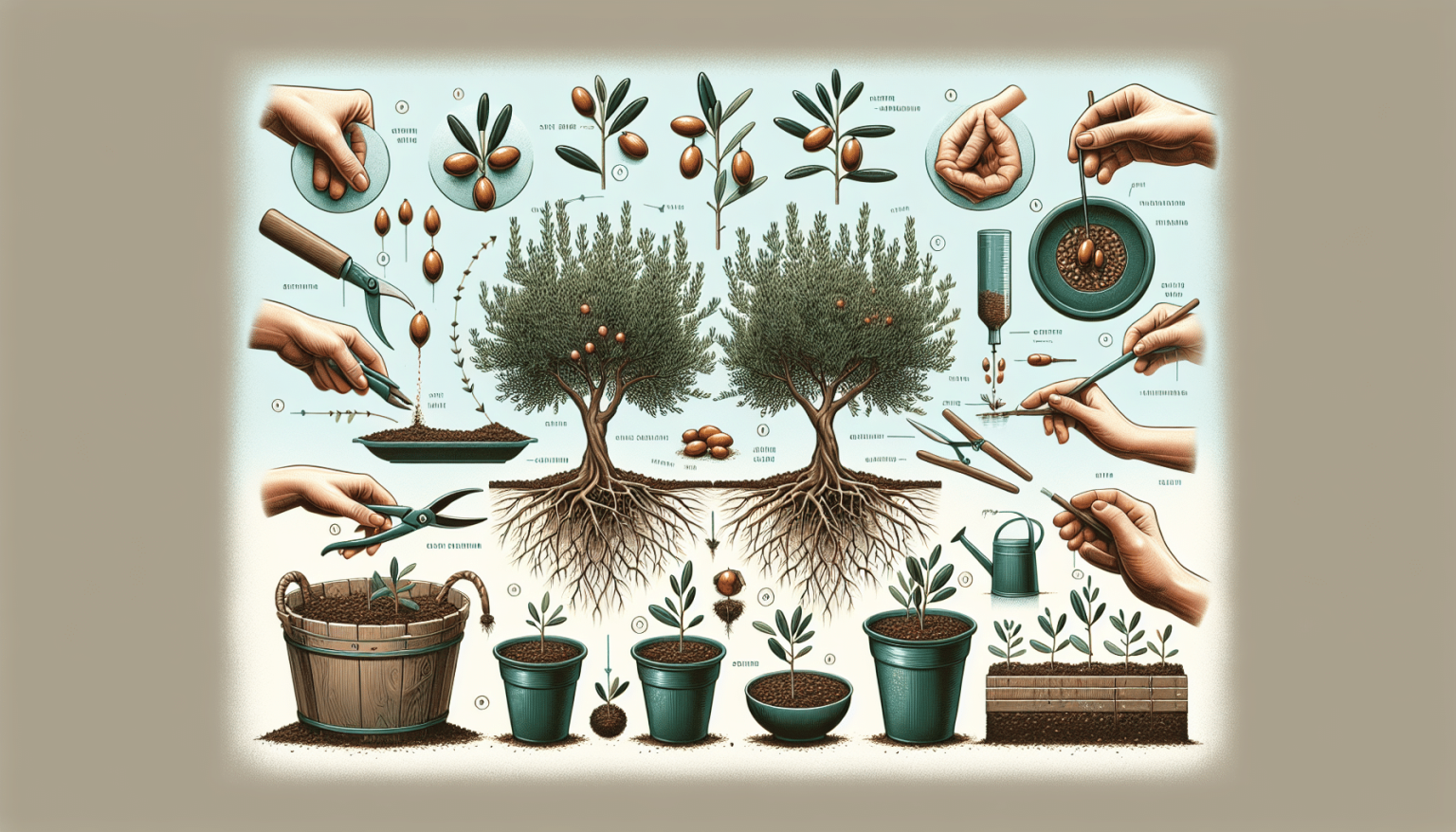In a small town in Andalusia, a group of farmers has discovered a revolutionary technique that could change the future of olive farming. Inspired by ancestral methods and combining modern knowledge, they have developed a trick to multiply their olive trees indefinitely and, surprisingly, at no cost.
The procedure is relatively simple and is based on propagation by cutting, a plant propagation practice in which parts of the mother plant are used to create new individuals. Farmers began by selecting healthy and vigorous branches from their most productive olive trees. They then cut these branches into sections of approximately 20 to 30 centimeters long, making sure that each section contained at least a couple of leaves.
These sections were then submerged in a solution of water and honey, a home remedy known for its ability to stimulate root growth. After letting the sections sit in this mixture for a few hours, they planted them in pots filled with nutrient-rich and well-drained soil. The pots were placed in a shaded area during the first weeks, allowing the roots to develop without the stress of direct sunlight.
Surprisingly, most of the branches began to root in just two weeks. Once the small plants showed signs of vigorous growth, farmers began to transplant them into the field, creating new olive trees that, in no time, began to grow and thrive.
This method is not only cost-effective, but it also allows farmers to maintain the genetic quality of their most productive trees, ensuring a plentiful harvest of high-quality olives for years. Additionally, by not requiring the purchase of new plants or expensive chemical inputs, it represents significant savings and a more sustainable option for small producers.
The local community is so excited about the results that they have started sharing the trick with other neighboring towns, hoping that this discovery can benefit more farmers in the region. Some experts suggest that, if implemented on a large scale, this method could have a considerable impact on the olive oil industry, increasing production without the need to expand cultivated areas, which would also contribute to the conservation of local ecosystems.
This discovery has generated a renewed interest in the study of traditional agricultural practices and their potential application in modern agriculture. The farmers of Andalusia have shown that, sometimes, the most innovative solutions can be found by looking to the past and combining the wisdom of previous generations with a contemporary scientific approach.
via: MiMub in Spanish
